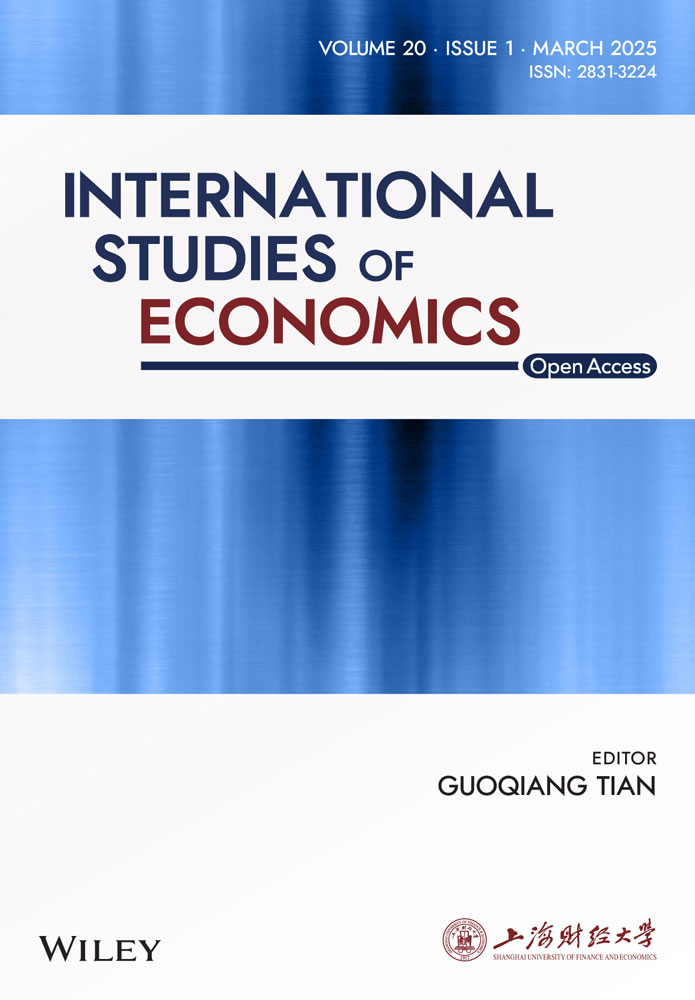Introduction to the Special Issue: Cities and Economic Development
Guest Editors: Shihe Fu and Junfu Zhang
To a great extent, economic development is urban development. As economies grow, people and firms cluster in cities to take advantage of agglomeration economies, better infrastructure, access to markets and labor, and consumption amenities. Urbanization not only drives productivity gains and enhances consumer welfare but also introduces challenges such as housing affordability, traffic congestion, pollution, and inequality. Understanding these dynamics is essential for promoting efficiency and sustainable development. The evolution of cities is therefore not only a reflection of economic progress but also a key driver of it.
The field that examines these dynamics—urban economics—focuses on cities and the spatial organization of economic activities. It covers a wide range of topics, including but not limited to the determinants of city size and growth, the functioning of urban housing and labor markets, transportation systems, land use, public goods provision, urban poverty, segregation, and environmental challenges. Researchers in this field investigate how individuals and firms make location decisions and how their decisions shape the economic and social structure of urban areas.
A defining feature of research in urban economics is its methodological diversity. Scholars employ both partial and general equilibrium models, conduct reduced-form and structural estimations, and rely on mathematical modeling as well as computer simulations. On the empirical side, quasi-experimental strategies—such as difference-in-differences, spatial regression discontinuity, and instrumental variables—are widely used to identify causality. With the growing availability of geocoded data, remote sensing imagery, granular administrative records, and online big data, researchers increasingly adopt spatial econometrics, machine learning tools, and GIS techniques to uncover complex spatial patterns and effects.
The field has seen remarkable growth in recent years, propelled by greater data availability, advances in computing power, and methodological innovations inspired by neighboring disciplines such as microeconometrics, labor economics, industrial organization, and international trade. These developments have enabled scholars to revisit classic theories, uncover new stylized facts, and produce sharper, policy-relevant insights.
What makes urban economic research especially valuable is its direct relevance to real-world challenges. The insights it generates often inform how cities are planned, governed, and improved. For example, research on housing markets informs zoning and land-use regulation; studies of transportation systems guide infrastructure investment and congestion pricing; and work on crime and inequality has implications for public safety and social policies. Several papers in this special issue—including those on fiscal transparency, pandemic-era rental markets, and crime—offer concrete evidence that can help policymakers design more effective interventions. As cities continue to grapple with challenges related to affordability, inequality, and sustainability, the role of urban economics in evidence-based policymaking becomes ever more critical.
This relevance is especially evident in rapidly developing countries like China, where the swift expansion of cities has profoundly transformed both the economy and society. The pace and magnitude of urban growth in China pose distinctive challenges—from managing migration and infrastructure demands, creating jobs, to promoting equitable development and environmental sustainability. At the same time, China provides a fertile setting for empirical research, thanks to a wealth of social experiments and institutional changes, improved access to administrative and big data, and substantial regional variation in urban experiences. Several contributions in this issue draw on Chinese data, illustrating how place-specific analyses can generate insights that are both locally grounded and globally relevant.
The papers included here exemplify the breadth of topics and approaches that characterize contemporary research on cities. They address diverse themes such as patterns of foreign direct investment (Qian, Zhang, and Chen), the role of auditing in improving fiscal transparency (Chen and Hu), demand responses to mass shootings (Chen et al.), pandemic-induced shifts in rental markets (Jiang and Shen), the effects of income polarization on crime (Liu, Wang, and Wang), and a theoretical analysis of land rents in an optimally sized city under dynamic conditions (Fu). Together, they demonstrate both the empirical depth and theoretical richness of modern urban economics.
We hope this special issue will spark new conversations and inspire future research that deepens our understanding of the evolving relationship between cities and economic development. In particular, we would welcome more research on urbanization in Africa and other less-developed countries, where challenges related to data availability, city development, and urban governance are especially pronounced.




